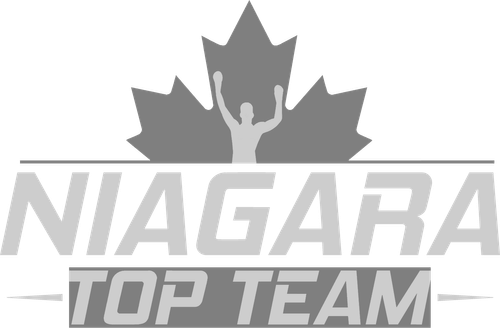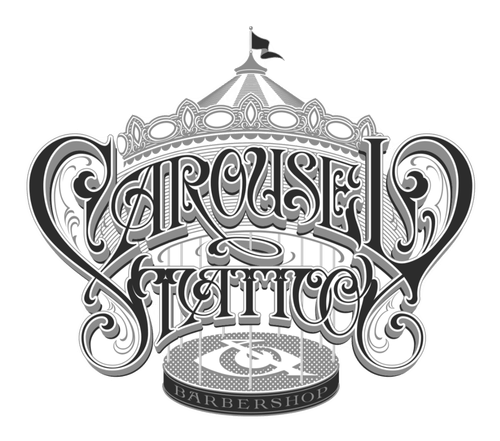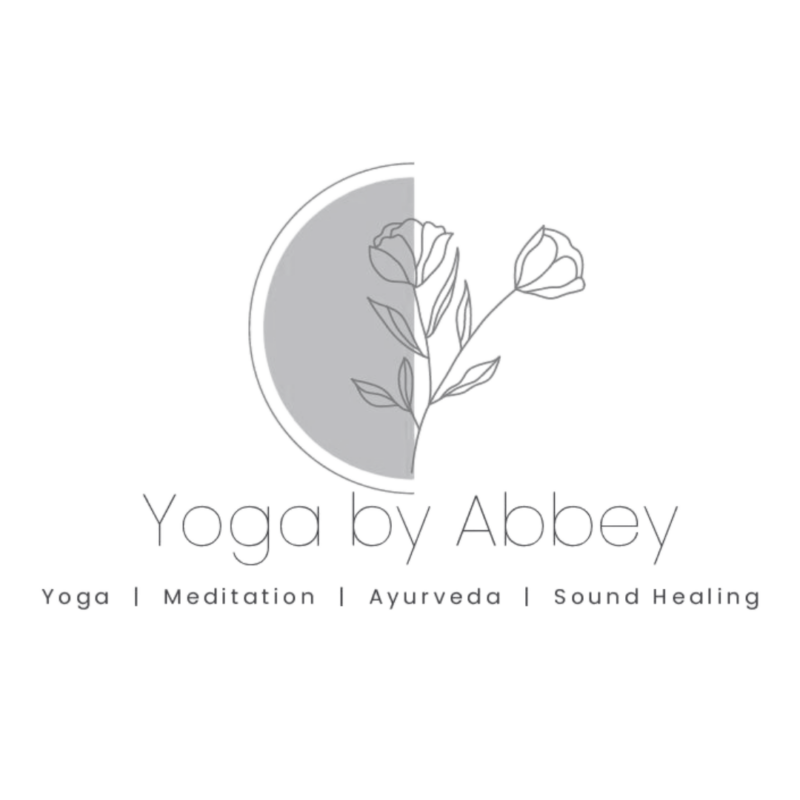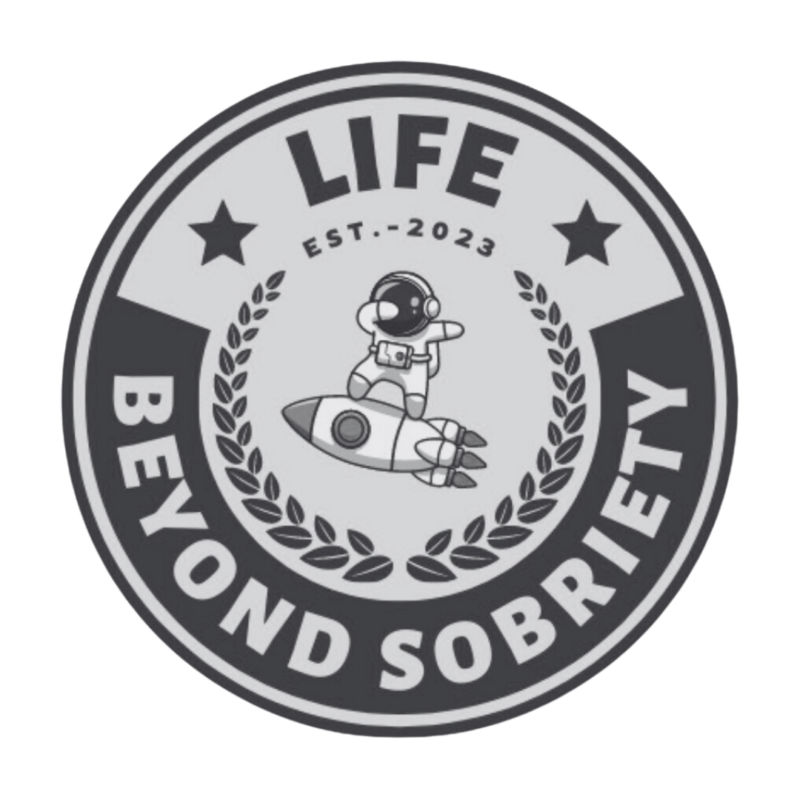The Essence of Holistic Addiction Treatment
Holistic addiction treatment is an approach that seeks to treat the individual as a whole, considering their physical, mental, emotional, and spiritual dimensions. This method transcends traditional therapeutic models by integrating various techniques aimed at nurturing a balanced and healthy life.
The concept rests on the belief that addiction is not merely a physical ailment but a multifaceted issue that requires addressing emotional scars, psychological struggles, and spiritual voids. By attending to these different aspects, holistic treatment endeavors to equip individuals with the tools needed to sustain long-term recovery.
At Twelve Mile Recovery, the holistic approach is implemented through personalized treatment plans, with a focus on therapies that foster self-discovery and holistic healing. The combination of evidence-based practices and alternative therapies ensures that clients receive a comprehensive path to recovery.
Physical Therapies as Foundations
Physical therapies such as yoga, martial arts, and exercise are integral components of holistic addiction treatment. These practices promote physical health, which is crucial for a stable recovery process. Engaging the body through physical activity is known to release endorphins, which enhance mood and alleviate stress and anxiety.
At Twelve Mile Recovery, martial arts serve as a unique therapeutic tool, encouraging discipline, emotional regulation, and self-awareness. In addition to the physiological benefits, these practices foster resilience and aid clients in managing stress, anxiety, and the impulse to relapse.
Yoga and mindfulness exercises play a pivotal role in restoring the mind-body connection, helping clients become more attuned to their bodies and emotions. Through these practices, individuals develop healthier coping mechanisms and a renewed sense of calm and balance.
Nurturing Mental Well-being
Comprehensive Psychological Support
The psychological aspect of holistic addiction treatment is addressed through therapies such as cognitive-behavioral therapy (CBT), dialectical behavior therapy (DBT), and trauma-focused approaches. These techniques aim to uncover the underlying psychological issues contributing to addiction and equip individuals with the tools needed to address them.
Trauma-Informed Care
Understanding that many individuals struggling with addiction have experienced trauma, Twelve Mile Recovery incorporates trauma-informed care into its holistic framework. This approach prioritizes creating a safe and supportive environment where individuals can process and heal from past traumas, thus fostering greater mental well-being.
Embracing Emotional Healing
Recovery is not only about abstaining from substances but also about achieving emotional stability. Emotional healing is a vital piece of the holistic puzzle and is often achieved through expressive therapies such as art, music, and drama.
At Twelve Mile Recovery, these creative therapies are used to provide clients with alternative avenues to express and process their emotions. Engaging in artistic activities helps individuals explore their feelings, reduce stress, and develop new ways of coping with life’s challenges.
Spiritual Growth and Connection
For many, spiritual growth and connection form an essential element of recovery. Holistic addiction treatment recognizes this and offers various practices to nurture spiritual well-being, such as meditation, mindfulness, and reflective exercises.
These practices encourage individuals to explore their inner selves, fostering a deeper understanding of their purpose and values. By incorporating spiritual practices into treatment, Twelve Mile Recovery helps clients cultivate inner peace and resilience, contributing to a more fulfilling life in recovery.
Customized Treatment Plans
Each individual’s journey to recovery is unique, and a one-size-fits-all approach is rarely effective. Twelve Mile Recovery emphasizes the importance of personalized treatment plans that cater to each client’s specific needs and challenges.
By conducting thorough assessments, the team at Twelve Mile Recovery gains a comprehensive understanding of each client’s individual circumstances, ensuring the development of a tailored plan that addresses physical, mental, emotional, and spiritual aspects.
Multidimensional Therapies for Sustainable Recovery
Twelve Mile Recovery’s holistic drug rehab ontario ca involves a multidimensional approach that integrates a variety of therapies aimed at fostering sustainable recovery. This includes combining traditional therapies with alternative techniques to offer a balanced and well-rounded treatment experience.
Such a comprehensive strategy not only helps individuals overcome addiction but also empowers them to thrive in various aspects of life. The synergy between different therapies ensures that clients receive support that addresses both immediate recovery needs and long-term well-being.
Peer Support and Community
The road to recovery can be daunting, but having a supportive community can make all the difference. Twelve Mile Recovery places a strong emphasis on peer support, recognizing the value of shared experiences and mutual encouragement.
Group therapy sessions and peer mentoring programs provide individuals with a platform to connect with others who are facing similar challenges. This sense of community fosters hope, resilience, and the motivation to strive for a healthier and more fulfilling life.
Intervention and Inpatient Services
Sometimes, individuals require intervention to recognize the severity of their addiction and the need for change. Twelve Mile Recovery offers intervention services that are compassionate and respectful, helping individuals take the first crucial steps towards recovery.
Once in treatment, the inpatient services provide a structured and supportive environment where individuals can focus entirely on their recovery journey. This residential approach allows clients to immerse themselves in the healing process, free from external pressures and distractions.
The Impact of Holistic Approaches
Holistic addiction treatment offers profound benefits, promoting not just sobriety but overall well-being. By addressing the root causes of addiction, individuals are empowered to break free from the cycle of dependency, rediscover their strengths, and cultivate a life of purpose and fulfillment.
Clients at Twelve Mile Recovery often find themselves transformed, gaining insights into their behaviors and emotions and developing proactive strategies for overcoming future challenges. This holistic framework, focusing on comprehensive care and empowerment, supports clients in achieving enduring recovery and personal growth.
What is the holistic approach to drug treatment?
The holistic approach to drug treatment is a comprehensive method that addresses not only the physical aspects of addiction but also the mental, emotional, and spiritual dimensions. This approach is designed to treat individuals as whole beings, recognizing that addiction affects every aspect of a person’s life. At Twelve Mile Recovery, for instance, the holistic model includes a combination of therapies such as cognitive-behavioral therapy (CBT), mindfulness, martial arts, and personalized treatment plans. This multifaceted strategy helps individuals discover their inner strengths and fosters sustainable recovery by addressing the root causes of addiction.
Do you pay for rehab in Ontario?
Yes, there are both publicly funded and private rehab options available in Ontario. Public rehab programs are typically funded by the government and may have waiting lists, while private rehab facilities, like Twelve Mile Recovery, offer services that require payment. Private centers often provide more personalized care and immediate access to treatment, which can be crucial for many individuals seeking help. The choice between public and private options often depends on factors like personal preferences, financial resources, and the urgency of treatment needs.
Is sober living the same as rehab?
Sober living is not the same as rehab, though they are related. Rehab is an intensive program designed to help individuals overcome addiction, often involving inpatient treatment, therapy, and medical support. It focuses on detoxification and the initial stages of recovery. On the other hand, sober living homes provide a supportive and structured environment for individuals who have completed rehab or are transitioning out of it. These homes help individuals maintain sobriety by offering a community of peers in recovery and ongoing support. At Twelve Mile Recovery, the focus during rehab is on comprehensive treatment, while supporting a smooth transition to a sober living lifestyle after completion.
How does rehab work in Ontario?
Rehab in Ontario involves a structured program aimed at helping individuals overcome addiction and build a solid foundation for long-term recovery. The process generally includes a thorough assessment to understand the individual’s needs, followed by the development of a personalized treatment plan. This plan typically involves a combination of therapies, such as psychological therapy, group sessions, and physical wellness activities. At Twelve Mile Recovery, for instance, modalities like yoga and martial arts are integrated to promote emotional regulation and resilience. Additionally, intervention services and inpatient care provide a supportive environment that facilitates focused recovery efforts without external distractions, empowering individuals to embark on their journey toward a healthier, more fulfilling life.
What are the benefits of peer support in drug recovery?
Peer support is a vital component of the recovery process because it provides individuals with a sense of community and mutual understanding. Engaging with peers who have gone through similar experiences offers emotional support and reduces feelings of isolation. At Twelve Mile Recovery, peer support is integrated through group therapy sessions and mentoring programs, where individuals share their journeys and inspire each other with stories of resilience and growth. This communal bond not only enhances motivation and accountability but also fosters hope and empowerment, critical elements for sustaining long-term recovery. If you’re considering rehab, think about how the collective strength of a supportive community could positively impact your journey to sobriety.
Resources
- Substance Abuse and Mental Health Services Administration (SAMHSA) – SAMHSA is a government agency dedicated to improving behavioral health in the United States. They provide resources, programs, and information on substance abuse and mental health treatment.
- Psychology Today – Psychology Today is a trusted source for information on mental health, including addiction. They offer articles, expert advice, and resources for individuals seeking help for various mental health conditions.
- National Alliance on Mental Illness (NAMI) – NAMI is a nonprofit organization that provides support, education, and advocacy for individuals and families affected by mental illness. They offer resources, programs, and information on mental health conditions, including addiction.
- National Institute on Drug Abuse (NIDA) – NIDA is a government agency that conducts research on drug abuse and addiction. They provide information on the latest research, treatment options, and prevention strategies for substance abuse.
- American Psychological Association (APA) – The APA is a leading organization for psychology professionals. They offer resources, publications, and information on various topics in psychology, including addiction treatment and mental health.












